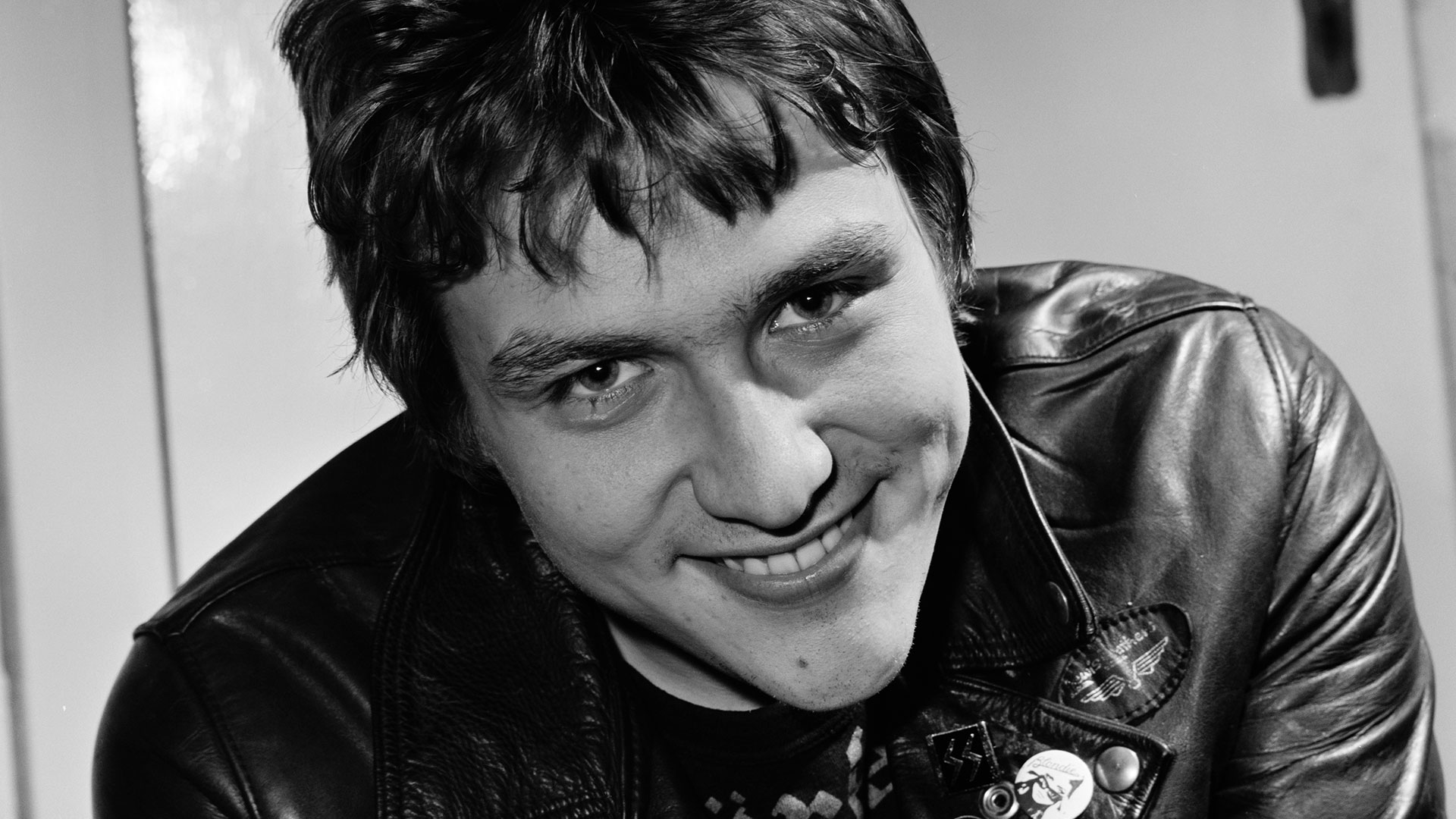Algy Ward, bassist with The Saints and The Damned and founder of Tank, dies aged 63
The UK bass player played a role in several acclaimed punk and metal bands, yet refused to be pigeonholed by either camp

British punk and metal bassist Alasdair Mackie Ward, aka Algy Ward – known for playing on seminal recordings by The Saints and The Damned, alongside founding the NWOBHM band Tank – has passed away at the age of 63, according to an update from his former bandmate.
The bassist is reported to have died on May 17 in hospital at Tunbridge Wells. His exact cause of death has not been revealed.
“R.I.P Algy... Just heard the sad news my old band mate passed away in hospital last Wednesday May 17th,” wrote Tank guitarist Mick Tucker on Facebook. “Over the last couple of years we had to carry on without him but hoped one day we could get him back onstage with us. A glass will be raised tonight in your honour.”
Ward was born in the London suburb of Croydon in 1959. By his late teens, the UK punk movement was well and truly breaking and Ward landed a spot on bass with newly relocated Australian band The Saints.
The group had an anarchic reputation in their home country and, while they refused to don the stereotypical punk look, certainly shared some of the movement’s preoccupation with pacey, no-nonsense rock songs.
Ward joined in time to record This Perfect Day – a chugging, nihilistic rant powered by crashing guitars and unhealthy amounts of sarcasm – that is widely regarded as the group’s finest single. He contributed to two albums, 1978’s Eternally Yours – released at UK punk’s zenith – and, following that same year, Prehistoric Sounds.
The latter successfully incorporated a much wider palette of sounds and writing styles, including brass-laced soul/jazz influences and swinging rhythms – a year ahead of The Clash’s revelatory London Calling, which pulled off a similar trick – but received none of the praise for it. The band were subsequently dropped by their label, EMI.
All the latest guitar news, interviews, lessons, reviews, deals and more, direct to your inbox!
Ward’s Saints line-up would split in 1979 and he soon took up bass duties in UK gothic punk band The Damned. Again, his arrival – by luck or design – hailed a new peak for the band, and 1979’s Machine Gun Ettiquette featured two of the band’s highest charting singles, Love Song and Smash It Up.
It was to be Ward’s only record with The Damned. The bassist then left to form his own group, Tank, and Ward’s thrashier, more rhythmically complex writing helped cement them among the pioneers of the New Wave Of British Heavy Metal (NWOBHM) movement, while still straddling the punk world.
The band had an ongoing association with Motörhead – sharing management and working with guitarist ‘Fast’ Eddie Clarke to produce their debut album, Filth Hounds Of Hades – while Lemmy talked them up in interviews. Ward maintained he was not directly influenced by the group, though, despite frequent comparisons from the rock press.
Regardless, Tank never scaled the same heights as Motörhead, perhaps suffering as a result of a genre-spanning sound that saw them fall between two of the late-’70s’ clearly defined musical tribes – punk and metal.
Tank’s debut is nonetheless considered an underrated classic of the NWOBHM era – a fact that continually annoyed Ward.
“When all that fucking load of bullshit was going about, I was in The Damned,” Ward told Brave Words in 2015. “Iron Maiden and Saxon and everything else, I had nothing to do with all that shit.”
Tank would continue with various lineups until 1989, reforming in various incarnations in the following decades.
Ward, however, continued to refuse the labels, even as his various recordings became the benefitted from recent reappraisal.
Ultimately, Ward played and wrote on two of the most seminal punk albums of the late-’70s era and had a hand in shaping heavy metal, but did not consider himself to belong to either camp.
As he told Brave Words in 2015: “I never had been a punk. I was just a person who’s got attitude.”

Matt is Deputy Editor for GuitarWorld.com. Before that he spent 10 years as a freelance music journalist, interviewing artists for the likes of Total Guitar, Guitarist, Guitar World, MusicRadar, NME.com, DJ Mag and Electronic Sound. In 2020, he launched CreativeMoney.co.uk, which aims to share the ideas that make creative lifestyles more sustainable. He plays guitar, but should not be allowed near your delay pedals.
